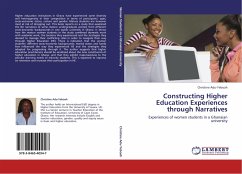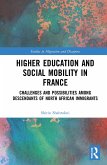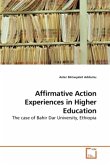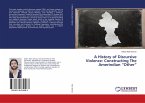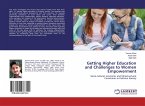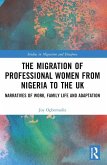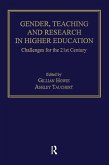Higher education institutions in Ghana have experienced some diversity and heterogeneity in their composition in terms of participants¿ ages, socio-economic status, culture and gender. Mature students are however most at risk of dropping out. This book reports on a study that examined the life narratives of some mature undergraduate women from different socio-economic backgrounds in one public university in Ghana. It shows how the mature women students in the study combined domestic work with academic work, the tensions they experienced and the strategies they devised to manage their conflicting roles in order to navigate their way through Higher Education (HE). There is indication that the women students¿ different socio-economic backgrounds, marital status and family lives influenced the way they experienced HE and the strategies they adopted for progressing through it. The author suggests that higher education practitioners should be sensitised about the new constituents of higher education in Ghana, and that they exhibit responsiveness to the peculiar learning needs of minority students. This is expected to improve on retention and increase their participation in HE.
Hinweis: Dieser Artikel kann nur an eine deutsche Lieferadresse ausgeliefert werden.
Hinweis: Dieser Artikel kann nur an eine deutsche Lieferadresse ausgeliefert werden.

